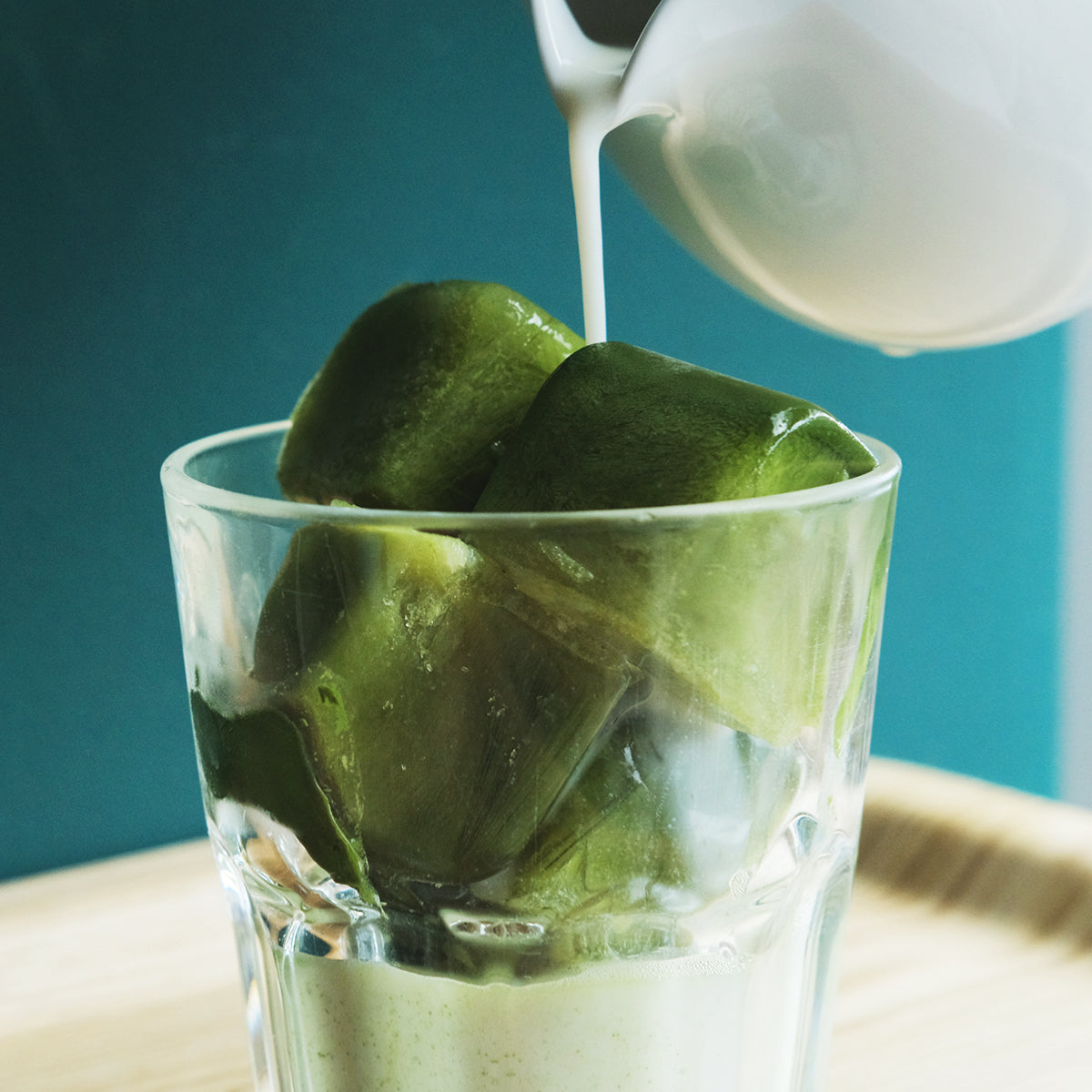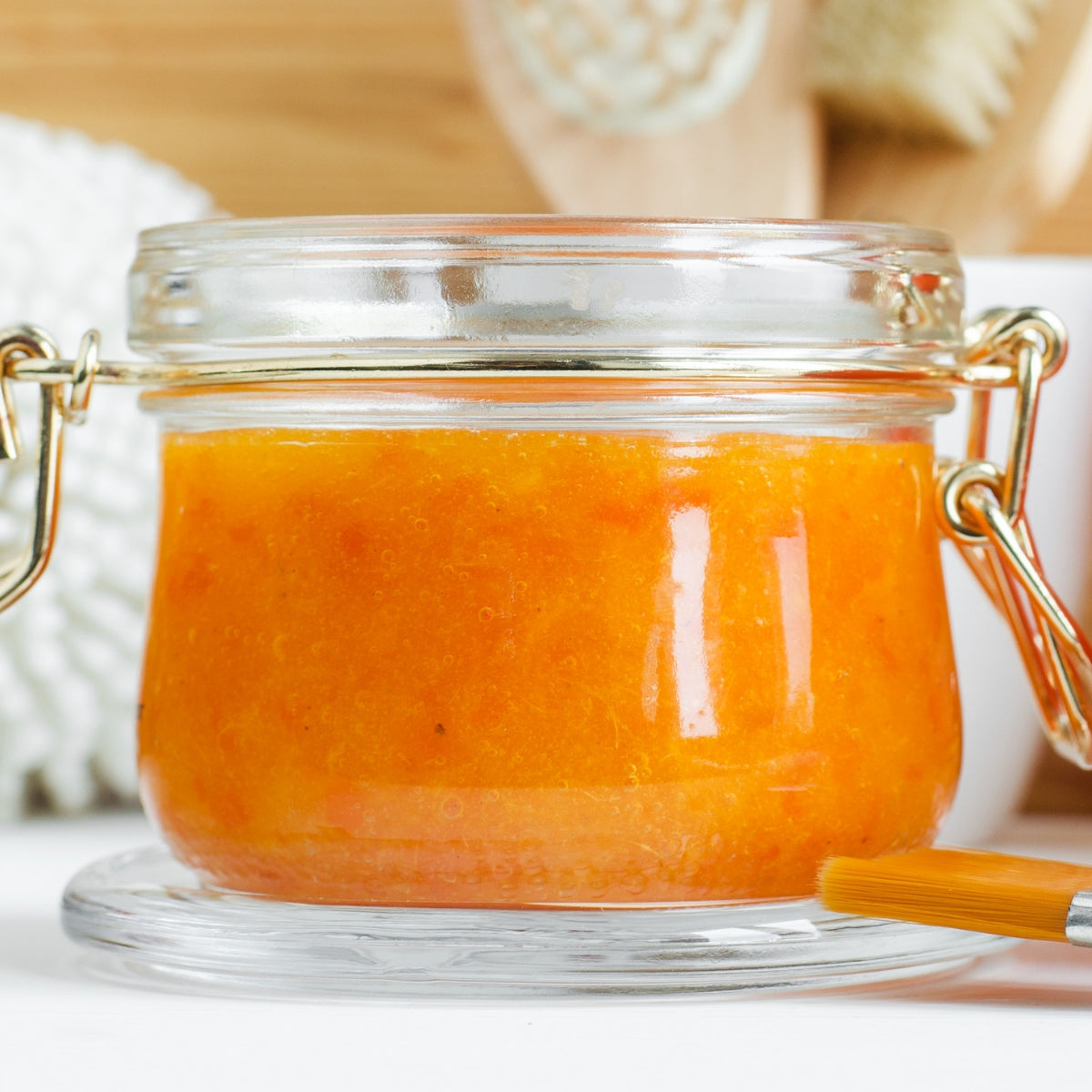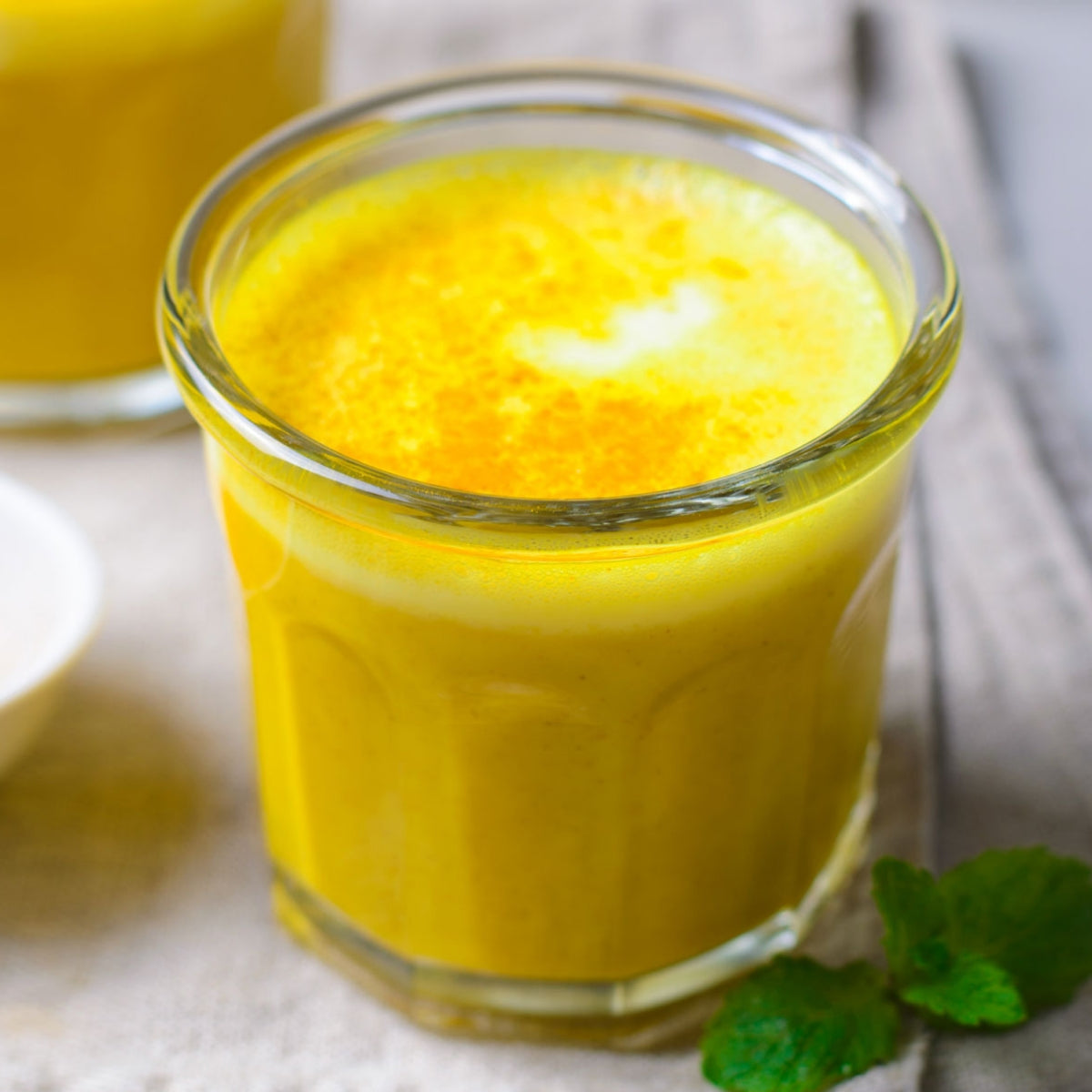Now that we are consuming 20x more sugar than our ancestors, insulin resistance is affecting more and more people every day - causing weight gain, diabetes and a myriad of health issues. Read this article to discover:
- What insulin resistance really is and how it may be affecting your health
- Why slim people may still be at risk of diabetes – despite what we all thought!
- Top tips to counter insulin resistance now (including a powerful superfood you can add to your diet!)

A SUGARY LOOK INTO THE PAST & PRESENT
- In 1200 BC, India came up with a way to extract cane juice called khanda (where the word “candy” came from!).
- In 1700, mass production of refined sugar was made possible by the pot still (a device used to distill alcohol by heating the liquid to vaporize it and then condensing it back into liquid form). Refined sugar became the popular type of sugar found in most foods today.
- The substance began to spread, boosting the revenues of the sugar industries in the United States and simultaneously being accompanied by chronic metabolic disease.
- In 1924, Hayden Emerson, the commissioner of health of New York City, noted a drastic rise in diabetic cases in the city.
- In 1931, Dr. Paul Dudley White, who worked at Massachusetts General Hospital, warned of a heart disease epidemic linked to excessive sugar consumption.
- In 1988, information about a new sugar-related disease – type 2 diabetes – emerged.
- Today, added sugars are crammed in 74 percent of processed foods under various names. Sugar makes up 15 percent of the total calories we consume per day on average!
With sugar excessively absorbed by children and similarly processed like alcohol in the body, Dr. Robert Lustig, Professor of Pediatric Endocrinology at the University of California, San Francisco, compares sugar to alcohol for kids. Non-alcoholic Fatty Liver Disease (NAFLD) and type 2 diabetes are becoming a growing problem among our younger generations.
Today added sugars are crammed in 74 % of processed foods under various names!
WHAT IS INSULIN RESISTANCE?
Insulin is a hormone (produced by the pancreas) that manages the level of sugar glucose in the bloodstream. Our cells are able to use glucose for energy - only when insulin is present! So if the body doesn't produce enough insulin - glucose is shut out from entering cells and remains in the bloodstream, driving up the level of blood glucose.
Insulin resistance occurs when the body no longer responds to insulin as well as it should. According to Dr. Lustig, insulin resistance affects various organs, leading to a chronic metabolic disease of that organ. For instance insulin resistance of the liver causes type 2 diabetes - whereas insulin resistance of the brain, he says, leads to Alzheimer’s.
The data shows that at least 1 in 2 Americans have insulin resistance and with it being a precursor to numerous health conditions – it’s a massive factor in the adverse health of the nation today.
How does insulin resistance come about? …It turns out that it’s through eating too much sugar, grains (that quickly turn to sugar in the body) and trans fats - which sums up processed foods.
THE LINK TO TYPE 2 DIABETES
When cells are resistant to insulin, they don't absorb enough glucose flowing around in the bloodstream. This causes the pancreas to overwork to generate more insulin than normal. If the cells become more resistant over time and the pancreas can’t keep up anymore, the buildup of glucose in the blood can lead to diabetes.
Insulin resistance occurs when the body no longer responds to insulin as well as it should.
Read on to find out why skinny does not necessarily mean healthy >>
WHAT TRIGGERS INSULIN RESISTANCE?
- Excessive Consumption of Fructose and NAFLD: Our liver is the only organ that can metabolize fructose (unlike glucose, that is used up for energy by almost every cell in the body). Excess fructose is transformed into fat, meaning that our liver turns more fatty as we absorb more fructose. Non-alcoholic fatty liver disease (NAFLD) takes place concurrently with metabolic abnormalities and is said to be a cause of insulin resistance.
- Genetics: Studies have found that children of diabetic parents face a higher chance of being insulin resistant through inheritance of mitochondrial dysfunction.
- Inflammation: It precedes the beginning stages of diabetes.
- Stress: Our body creates higher doses of the hormone cortisol, which increases blood sugar. Experiencing chronic stress (with continuously elevated blood sugar levels) can lead to type 2 diabetes.
HOW INSULIN RESISTANCE LEADS TO WEIGHT GAIN
Contrary to popular belief, insulin resistance leads to weight gain. Weight gain does not create insulin resistance, Dr. Lustig says.
It was previously believed that if you restricted calories and exercised you wouldn’t gain weight. However this is now known to be incorrect as it’s possible to diet, exercise and not lose weight – because of what you eat - and if you have insulin resistance!
Your liver converts the excess sugar you consume into liver fat. If it reaches a point where it becomes resistant to insulin, hyperinsulinemia (a condition in which the amount of insulin in your blood is higher than normal) develops and changes energy storage into body fat.
BUSTING THE MYTH: SKINNY DOES NOT MEAN HEALTHY
…Being skinny doesn’t mean you cannot be at risk of insulin resistance.
Dr Joseph Mercola (a leading authority on natural health) in his article on insulin resistance states that: “it turns out that of the 70 percent [US citizens] that are of normal weight (168 million people), 40 percent of them (67 million people) have insulin resistance on lab testing, and they manifest aspects of the metabolic syndrome as well.”
“They too get type 2 diabetes, hypertension, dyslipidemia, cardiovascular disease, cancer, and dementia. The prevalence of metabolic disease among normal weight people is not as great as among obese people—40 percent versus 80 percent—but they do get ill and there are far more people in this group.”
High blood sugar is a symptom that can occur even ten years before type 2 diabetes begins. It can point to insulin resistance taking place as high blood sugar correlates with the body’s inability to use insulin efficiently. A variety of problems may also arise during that period, such as nerve damage, retinal changes and signs of kidney deterioration.
Being skinny does not mean you’re not at risk of diabetes. 40% of lean people were found to have insulin resistance.
Read on to find out the superfood to support healthy insulin levels >>
WAYS YOU CAN COUNTER INSULIN RESISTANCE
- Reduce sugar consumption: Give up all processed foods and indulge yourself in "real foods," which are nourishments in their most natural state. Dr. Lustig says the safety threshold for sugar is about six to nine teaspoons of added sugar per day.
- Cut out grains (yes, even whole grains!) and replace them with vegetables and healthy pseudo-grains (such as quinoa, amaranth, chia, buckwheat). Dr William Davis, cardiologist and a leading expert on wheat, states that two slices of whole wheat bread raise your blood sugar higher than 6 teaspoons of white sugar!
- Do intermittent fasting. It helps by letting your liver burn off its fat, resulting in greater metabolic stability and insulin sensitivity. Although fasting is one of the methods to regulate insulin resistance, Dr. Lustig recommends consuming whole foods as the most effective solution.
- Work it out. Your body produces more mitochondria (which are responsible in assisting cells with energy production) as you exercise and gain muscle mass.
SUPERFOODS TO THE RESCUE: HOW SPIRULINA CAN HELP
A 2016 study consisting of 40 patients with hypertension (who took 2 grams of spirulina for 3 months) found that spirulina significantly reduced BMI (Body Mass Index), blood pressure and promoted weight loss.
Another study tested the effects of spirulina and soybean and observed that spirulina had an overwhelmingly more positive result in increasing individuals' insulin sensitivity (the opposite of insulin resistance!) by 224% after patients consumed spirulina daily for 8 weeks.
To balance your blood sugar, reduce cravings and help get back into shape it’s best to have Organic Burst Spirulina between meals or 1 hour before meals.
As new findings shed light on insulin resistance being the cause of weight gain, you're now able to narrow in on what the root cause of the unexplained pounds you have put on may be.
It's important to keep track of your insulin level regardless of what body type you have.
Studies found that spirulina promotes weight loss, reduces Body Mass Index and increases insulin sensitivity.
REFERENCES
Lustig, R (Published 1996) Fat Chance
Mercola, J. (2015, January 25) Research Proves Causation — Sugar Consumption Increases Risk of Chronic Disease.
Kresser, C. (2010, September 19) Think skinny people don't get type 2 diabetes? Think again.
Marcel, A.K., Ekali, L.G., Eugene, S., Arnold, O.E., Sandrine, E.D., von der Weid, D., Gbaguidi, E., Ngogang, J., Mbanya, J.C. (2011). The effect of Spirulina platensis versus soybean on insulin resistance in HIV-infected patients: a randomized pilot study.
Miczke, A., Szulinska, M., Hansdorfer-Korzon, R., Kregielska-Narozna, M., Suliburska, J., Walkowiak, J., Bogdanski, P. (2016). Effects of spirulina consumption on body weight, blood pressure, and endothelial function in overweight hypertensive Caucasians: a double-blind, placebo-controlled, randomized trial.














